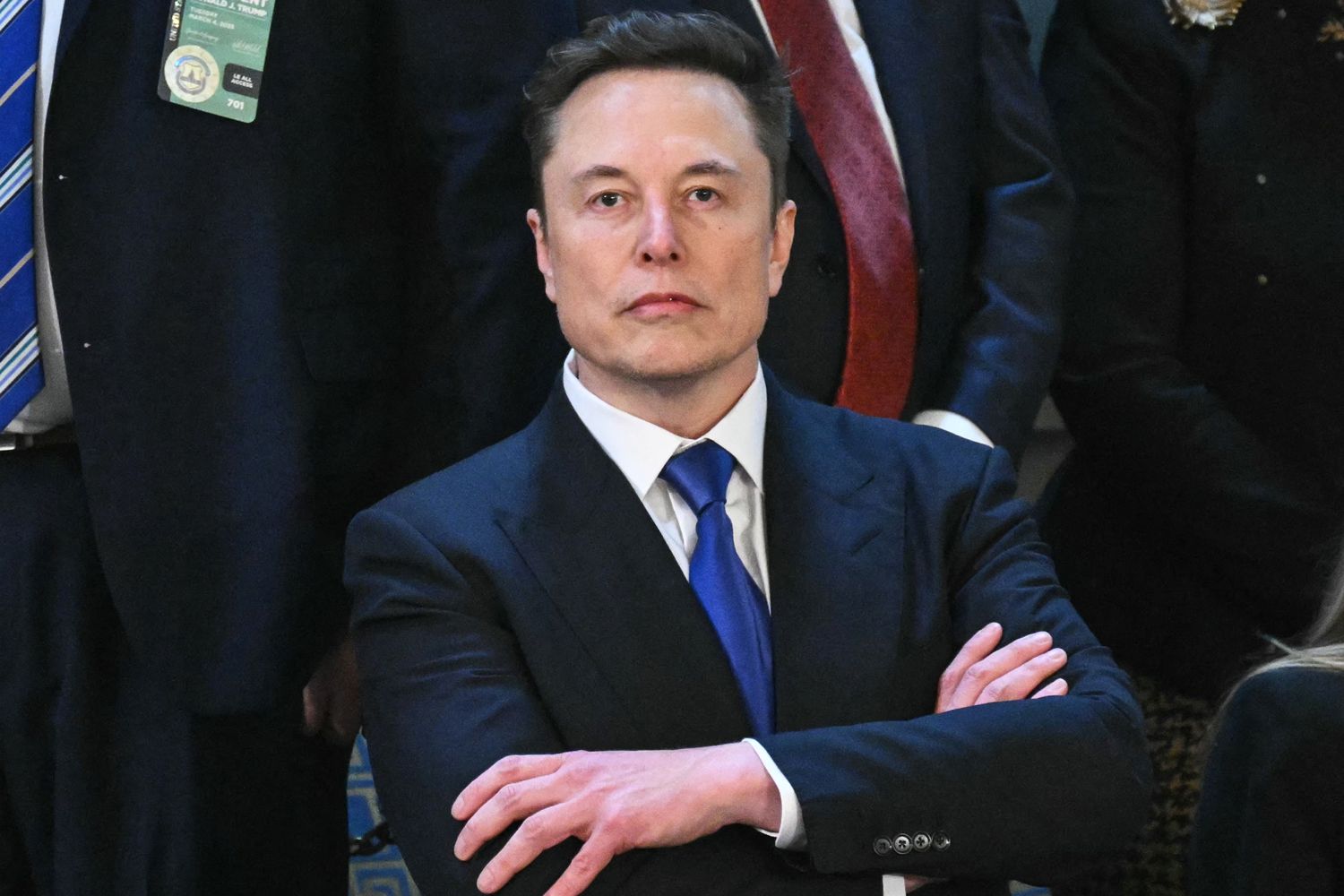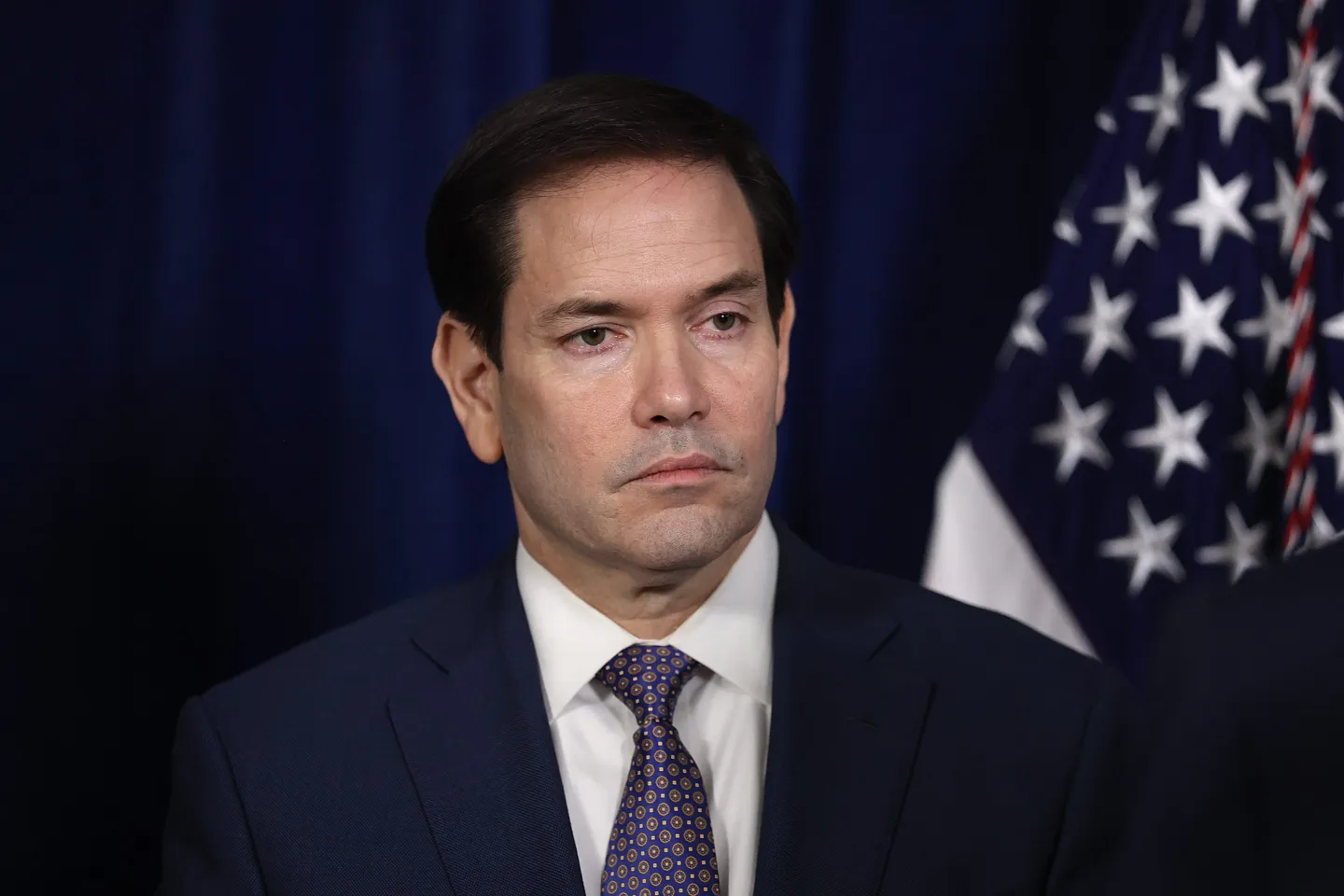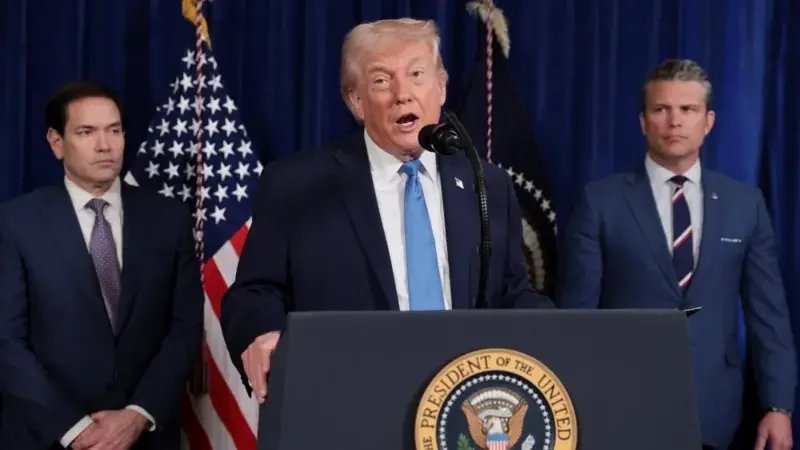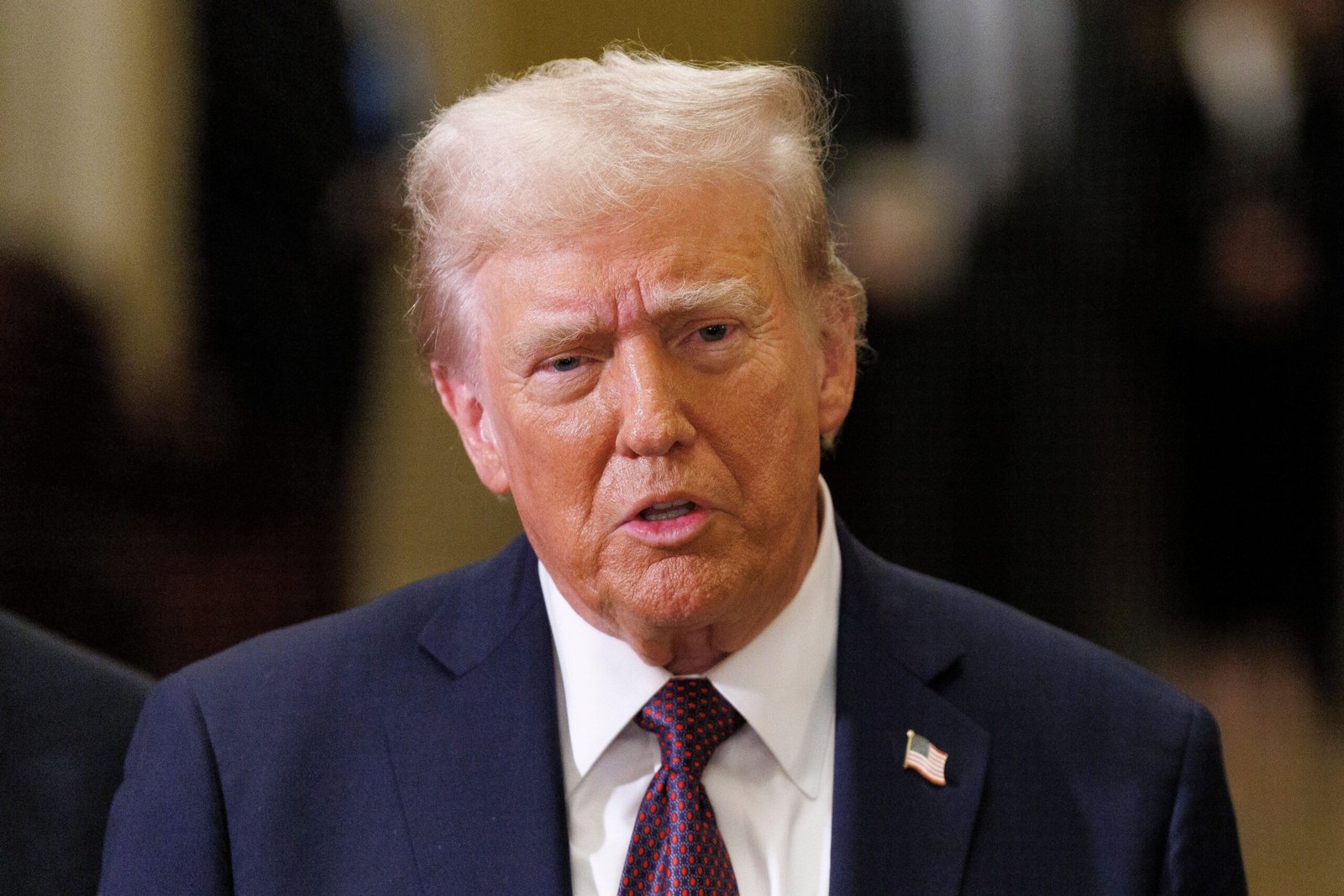Washington, D.C., July 09, 2025 – The Europe Today: Tech billionaire Elon Musk has announced the formation of a new U.S. political party—dubbed the “America Party”—marking a bold and unconventional move to reshape the American political landscape. The announcement comes after Musk’s fallout with former President Donald Trump, whose tax and spending policies the Tesla and SpaceX CEO has publicly criticized.
Musk unveiled the new party over the weekend on his social media platform, X (formerly Twitter), describing it as a centrist, technology-driven, fiscally responsible, and pro-energy alternative to the current U.S. political divide. He stated the party aims to attract both disillusioned Democrats and Republicans, particularly those dissatisfied with Trump’s tax reform, which is projected to add approximately $3.4 trillion to the national debt.
However, political experts have highlighted the formidable challenges Musk faces. Building a viable third party in the United States requires massive infrastructure, broad organizational reach across all 50 states, and significant financial and volunteer resources.
“There are just very, very significant barriers to the creation of a viable third party,” said David A. Hopkins, a political science professor at Boston College. “Ballot access, volunteer networks, and party organization all pose steep hurdles.”
David Jolly, a former Republican congressman from Florida who left the GOP over Trump, remarked that Musk brings what many past third-party efforts have lacked—substantial funding. “What the independent space has been lacking has been resources,” Jolly noted. “You’re talking about $100 million just to get started with serious intent.”
Nonetheless, Jolly expressed skepticism about Musk’s long-term political commitment, pointing to his brief and unproductive stint with the Department of Government Efficiency (DOGE) during the Trump administration. “What we’ve seen is an Elon Musk who is not disciplined enough to change American politics,” Jolly added.
Despite being the top donor in the 2024 election cycle—with nearly $300 million in political contributions, mostly supporting Trump’s campaign—Musk’s political bets have not always yielded results. Notably, his efforts to influence a critical Wisconsin Supreme Court race and to sway Republican lawmakers against Trump’s tax bill were unsuccessful.
Critics argue that Musk’s new party risks becoming a spoiler in tight races. Historically, third-party candidates have rarely won seats and often divert votes from major party contenders. In a recent Ohio congressional race, for example, independent Dennis Kucinich drew 12% of the vote, though the Republican candidate won comfortably.
Compounding the challenge is Musk’s polarizing public image. A June Reuters/Ipsos poll found that only 36% of Americans view him favorably, compared to 42% for Trump. Moreover, Musk’s support base significantly overlaps with Trump’s—78% of those who voted for Trump in 2020 had a favorable view of Musk—raising questions about the feasibility of winning over that electorate while opposing Trump.
“There really isn’t an unrepresented movement that he’s speaking for,” said Hans Noel, a political scientist at Georgetown University. “He’s unlikely to elect many America Party candidates.”
Trump himself dismissed Musk’s initiative, telling reporters on Sunday, “Third parties have never worked, so he can have fun with it, but I think it’s ridiculous.”
As of now, Musk’s office has not issued an official response to media inquiries regarding the party’s future plans or its leadership structure. Meanwhile, Tesla’s stock dropped nearly 7% on Monday, with analysts citing concerns about Musk’s growing distraction from the company’s operations.
Though Musk’s announcement marks a provocative turn in U.S. political discourse, whether the “America Party” can translate ambition into lasting political impact remains deeply uncertain.














